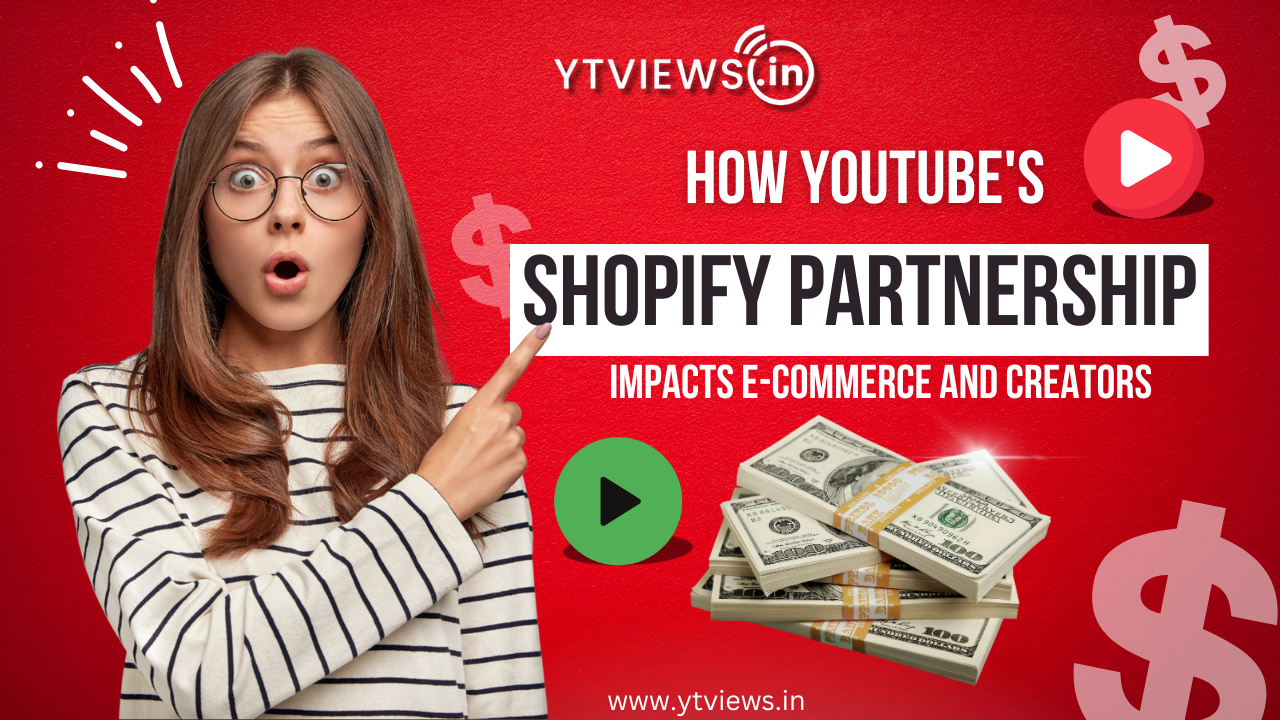The basics of getting a sponsorship on YouTube
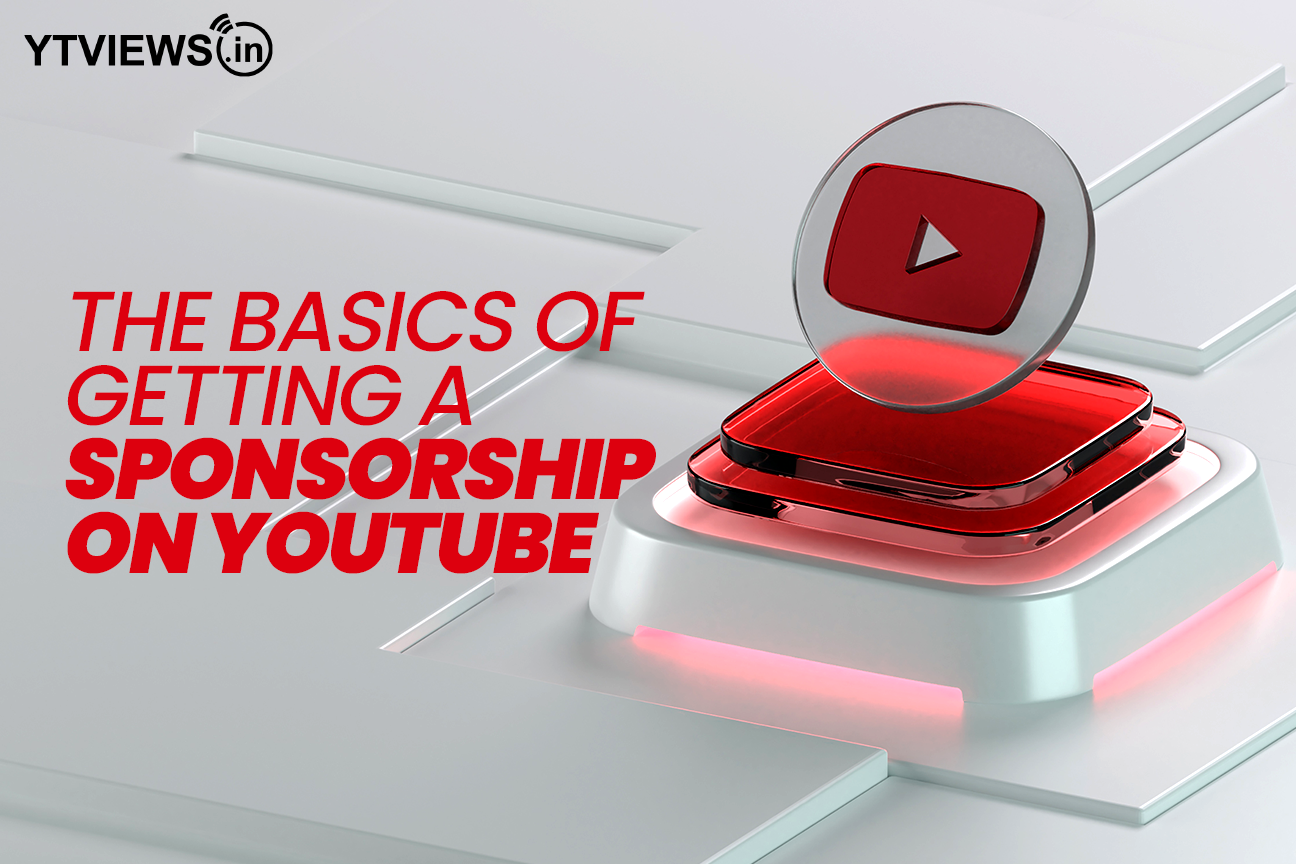 Landing your first sponsorship is exciting for any content creator. However, you shouldn’t go into any brand deal naively, especially when there’s money involved. There are a few things you need to keep in mind when you’re creating sponsored content.
Landing your first sponsorship is exciting for any content creator. However, you shouldn’t go into any brand deal naively, especially when there’s money involved. There are a few things you need to keep in mind when you’re creating sponsored content.
Here are the basics every creator needs to know about getting a sponsorship.
There are two ways to get a brand deal — accepting offers or sending pitches
The first and most common way to acquire a brand deal is to wait for sponsors to send you offers. To let brands know you’re open to creating sponsored content, make your business email address easily accessible. You can put it in your Instagram bio and your video descriptions. If you have a personal website, add a contact form that redirects messages to your inbox.
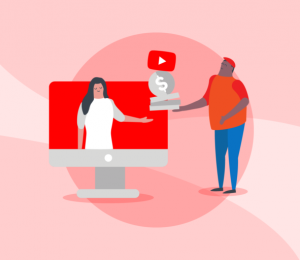
Alternatively, you can reach out to companies you’d like to work with yourself. Research what kind of influencer marketing the brand has done before to see if you’d be a good fit. Then, draft a pitch email with your reasons for reaching out, what you envision the brand deal would look like, and what rate you’d charge. If you have a contact at that company, send your email to them. Otherwise, find out who works on their marketing or PR team and message them.
Never take a deal without a contract
Basically, a contract exists to protect both parties involved in a sponsorship. It should outline all of the important details. On the brand’s side, it should cover their precise expectations and deadlines. On your side, it should cover your responsibilities and compensation.
Make sure your contract is specific on both sides. For example, if the sponsor wants to see a final draft of your video before it goes live, your contract should state how many revisions they’re allowed to request. You should also include plans for promoting the video and what rights the brand has to use your content in their own marketing campaigns.
Set your rates and know your value
As an influencer, you’ll probably encounter potential sponsors who want to compensate you with free/discounted products or “exposure” instead of money. You should be careful to avoid this kind of sponsorship because these companies aren’t compensating creators fairly. If you’re interested in working with the brand, you can reply with your own rates for sponsored content.

Your rates will vary based on your subscriber count as well as your audience engagement level. For example, if you have ten thousand subscribers but your sponsored video generates a thousand sales, you can use that data as leverage to increase your rates the next time around. Additionally, your rates should vary based on the kind of content the brand wants you to create. A ten-minute sponsored video should cost more than a sponsored Instagram story post.
After you’ve agreed on a rate and signed the contract, it’s vital that you keep up your end of the bargain. If a question or issue arises, address it with your sponsor instead of ghosting them. Always be professional; you never know what opportunities one brand deal could open up.
Related Posts
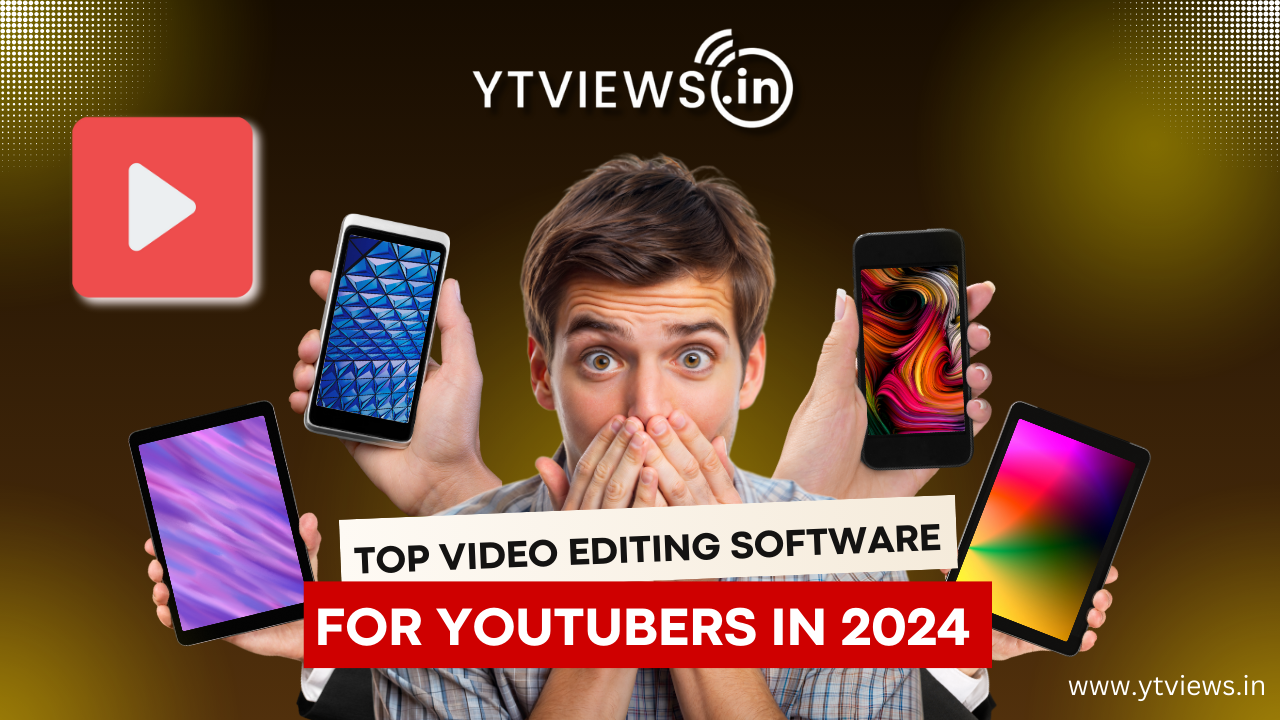
What Video Editing Software Do Youtubers Use in 2024?
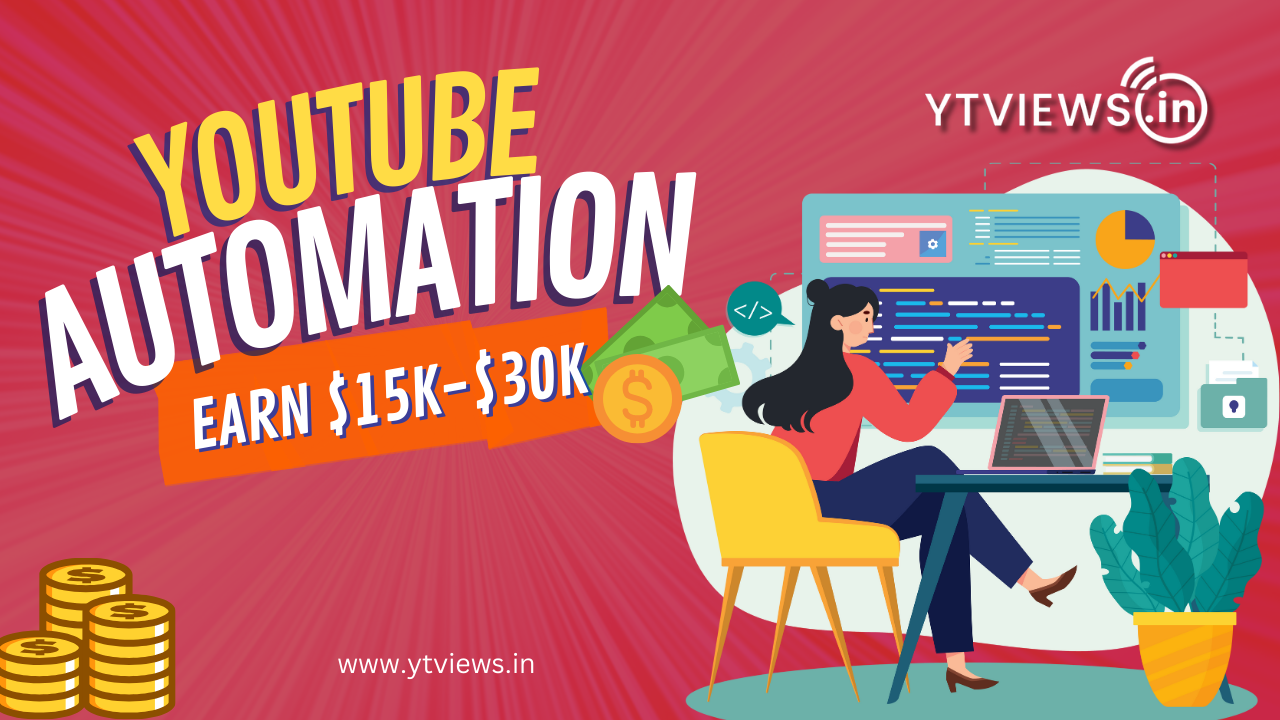
How YouTube Automation Can Help You Earn $15k-$30k in Just 3 Months
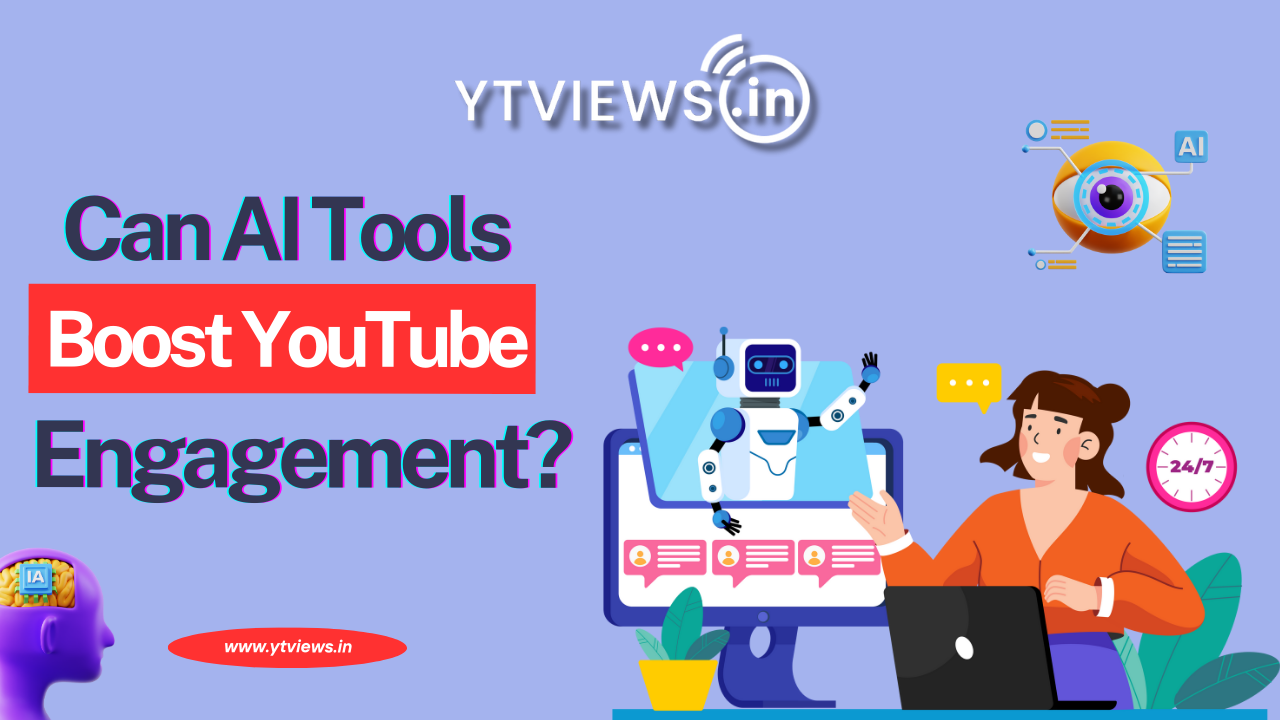
Can AI tools really boost my YouTube engagement?
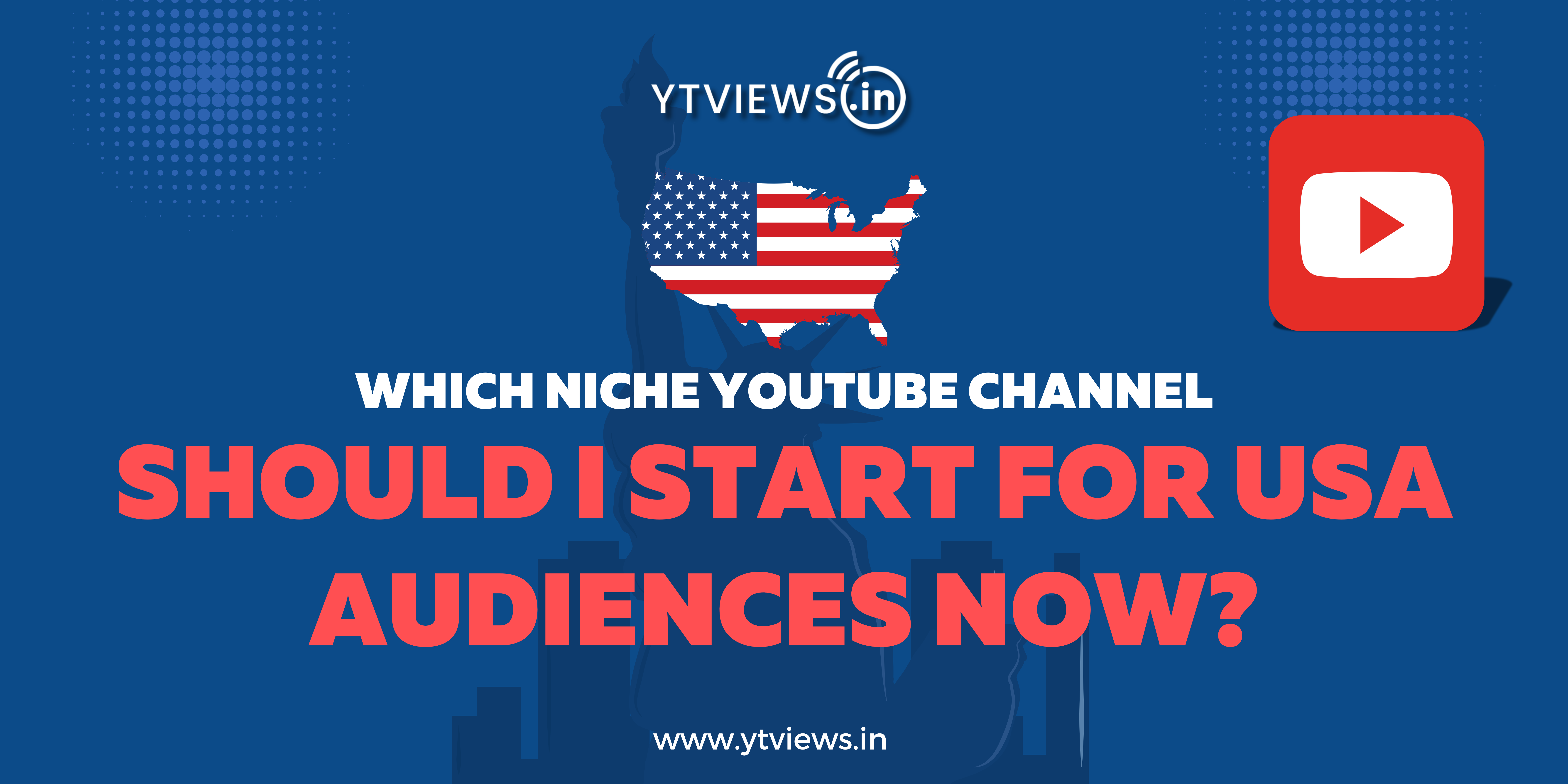
Which niche YouTube channel should I start for USA audiences now?



































